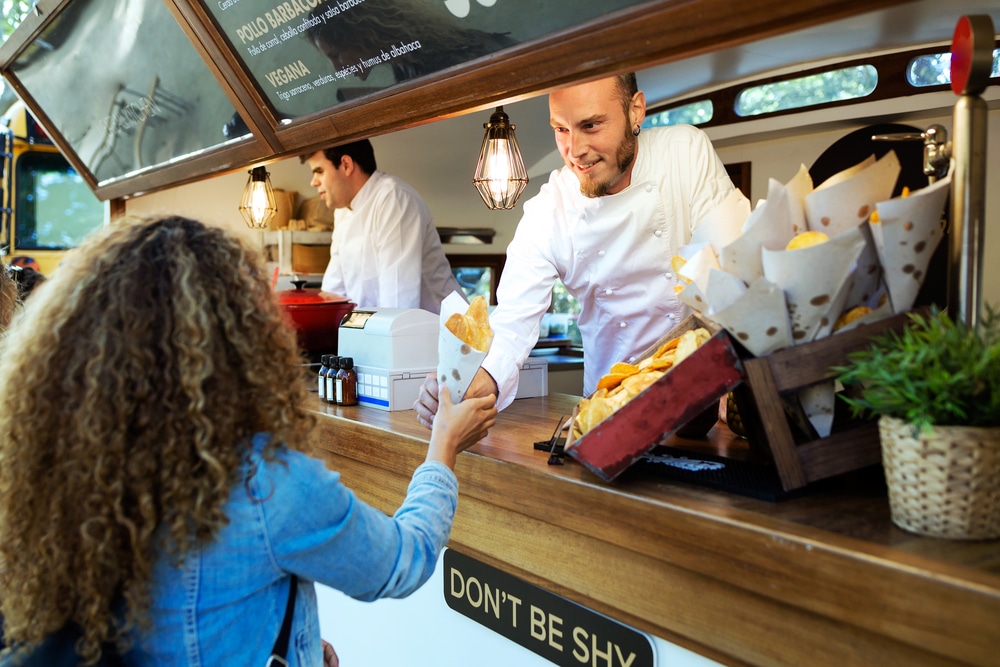Food trucks are not just a trend anymore they are a thriving business model offering gourmet delights on wheels. However, like any business, food truck owners face risks that can jeopardize their operations. This is where food truck insurance comes into play, offering protection against a range of potential pitfalls. Food truck insurance is a specialized form of commercial insurance tailored to the unique needs of mobile food vendors. It typically encompasses several types of coverage to address various risks associated with operating a food truck. These may include:
General Liability Insurance – This coverage protects against third-party claims of bodily injury or property damage caused by your food truck operations. For instance, if a customer slips and falls while approaching your truck or claims to have fallen ill after consuming your food, general liability insurance would cover legal fees, medical expenses, and settlements.
Commercial Auto Insurance – Since your food truck is a vehicle used for business purposes, standard personal auto insurance will not suffice. Commercial auto insurance provides coverage for accidents, theft, vandalism, and other damages to your food truck and any other vehicles involved.
Property Insurance – This coverage protects your food truck and its contents, including equipment, inventory, and signage, against damage or loss due to fire, theft, or natural disasters and go now https://sogoinsurance.com/san-antonio/food-truck-insurance/.
Workers’ Compensation Insurance – If you have employees working on your food truck, workers’ compensation insurance is crucial. It covers medical expenses and lost wages for employees injured on the job, reducing your liability as an employer.

Product Liability Insurance – This coverage is essential for food vendors. It protects against claims arising from illnesses or injuries caused by consuming your food products, such as food poisoning or allergic reactions.
Business Interruption Insurance – In the event of a covered loss that forces you to temporarily close your food truck, business interruption insurance provides compensation for lost income and operating expenses during the downtime.
Tailoring Coverage to Your Needs
When selecting food truck insurance, it is vital to assess your specific risks and customize coverage accordingly. Factors to consider include your location, the types of food you serve, the value of your equipment and inventory, and whether you employ staff. Working with an experienced insurance agent who understands the food truck industry can help you navigate the complexities of insurance and ensure you have adequate coverage.
Cost Considerations
The cost of food truck insurance varies depending on factors such as the coverage limits, deductible amounts, location, and claims history. While insurance premiums represent an ongoing expense for your business, they provide invaluable protection against financial losses that could otherwise be devastating.
Risk Management Strategies
In addition to securing insurance coverage, implementing risk management strategies can help mitigate potential hazards and minimize the likelihood of claims. This may include regular maintenance and safety checks on your food truck, proper food handling and storage procedures, staff training in customer service and food safety, and maintaining accurate records of transactions and incidents.
Food truck insurance is a critical investment for protecting your rolling kitchen and your livelihood. By understanding the various types of coverage available and tailoring them to your specific needs, you can safeguard your business against unforeseen events and liabilities.



